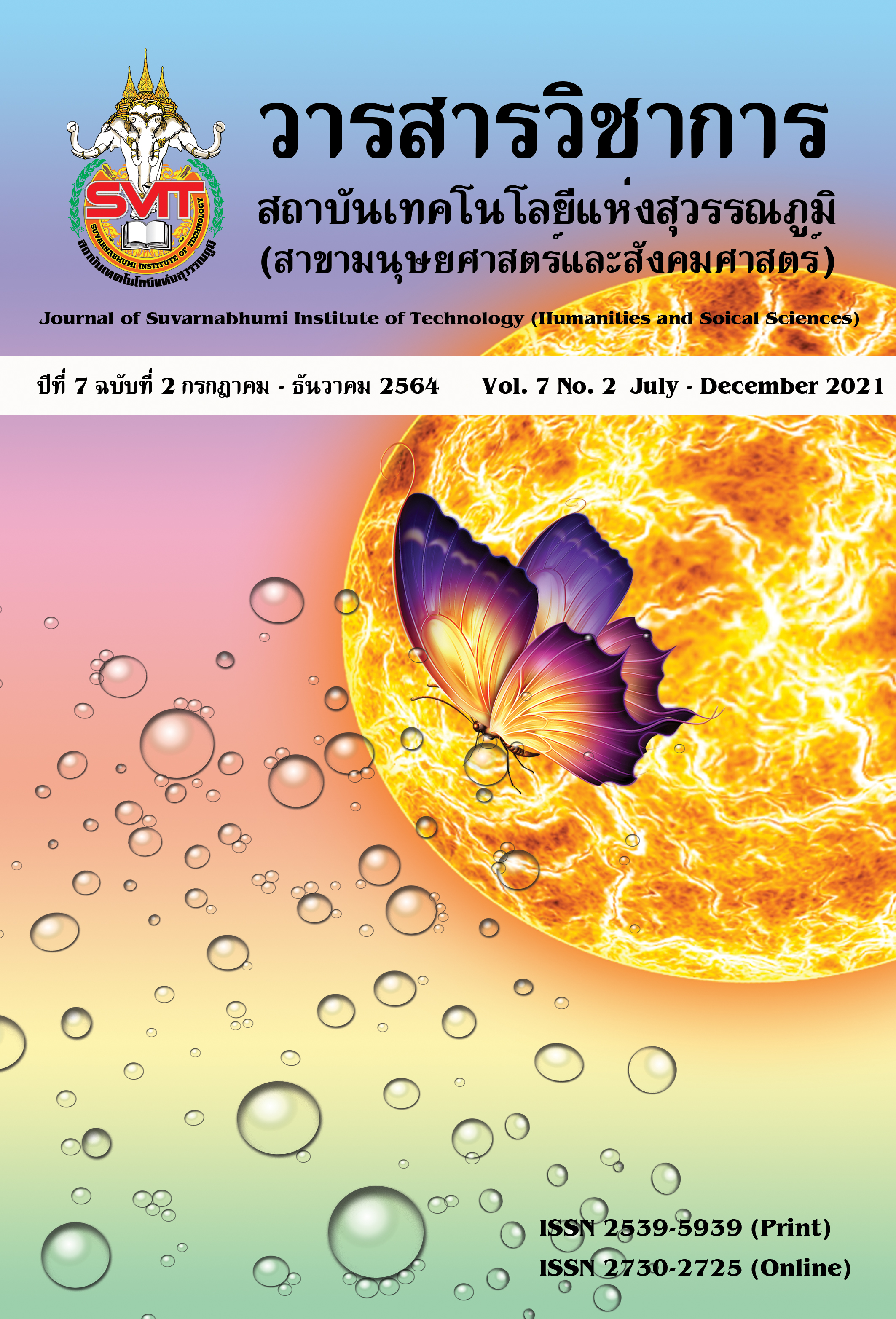INVESTIGATING THE EFFICIENCY OF ENVIRONMENTAL LAW FOR A SUSTAINABILITY IN ASEAN
คำสำคัญ:
Sustainable Development, Polluter pays principle law, Carrying capacityบทคัดย่อ
The development of the ASEAN economy can be done through an attainment of simultaneous growth in economic, social and environment. In this regard, it is absolutely essential to employ environmental laws as one of driving forces. Therefore, this article aims to study the efficiency of the environmental laws for sustainable development in the ASEAN community. The study has illustrated that standardizing a regulatory process, standards and measures in the environmental quality control in ASEAN would be a great initiative to effectively manage the pollution in the region. By doing so, it can possibly help to solve cross-border pollution problems, resulting in sustainable development, especially Thailand, Myanmar and Laos are ASEAN member states with the least strict environmental laws compared to other states in ASEAN. Thus, the environmental laws addressing the quality control and treatment over deterioration based on precautionary principles, participation and Polluter pays principle, are needed to support in the integration of ASEAN member states.
เอกสารอ้างอิง
Asia Regional Integration Center. (2019). Indonesia-Malaysia-Thailand Growth Triangle (IMT-GT). Retrieved May 13, 2019, from https://aric.adb.org/initiative/indonesia-malaysia-thailand -growth-triangle.
Asian Development Bank. (2019). Greater Mekong Subregion (GMS). Retrieved May 13, 2019, from https://www.adb.org/countries/gms/main
Association of Southeast Asian Nation. (2019). About ASEAN Cooperation on Environment. Retrieved May 13, 2019, from https://environment.asean. org/about-Asian-cooperation-on-environment/
Association of Southeast Asian Nation. (2019). About ASEAN Cooperation on Environment. Retrieved May 12, 2019, from https://environment.asean.org/about-asean-cooperation-on-environment/
Association of Southeast Asian Nations. (2019). ASEAN Socio–Cultural Community. Retrieved May 13, 2019, from https://asean.org/asean-socio-cultural/
Croci, E. (2005). The Handbook of Environmental Voluntary Agreements. New York: Springer.
Environmental law in Thailand. (2019). Property law. Retrieved May 12, 2019, from https:// juslaws.com/environmental-law-thailand.php
Mekong River Commission For Sustainable Development. (2019). Retrieved May 13, 2019, from http://www.mrcmekong.org/.
Menell, P. (2003). Environmental Law. Ashgate Burlington: Publishing.
Raman Letchumanan. (2010). Is there an ASEAN policy on climate change? LSE Ideas Special Report, SR004, pp.50-62.
Saxe, D. (1990). Environmental Offences: Corporate Responsibility and Executive Liability. Aurora: Canada Law Book.
Sustainable Development Knowledge Platform. (2019). Commission on Sustainable Development (CSD). Retrieved May 12, 2019, from https://sustainabledevelopment. un.org/csd.html.
The Department of ASEAN Affairs Ministry of Foreign Affairs. (2019). The ASEAN Community. Retrieved May 12, 2019, from http://www.mfa.go.th/asean/en/organize/5682
United Nation Climate Change. (2019). Kyoto Protocol. Retrieved May 12, 2019, from https:// unfccc.int/process/the-kyoto-protocol.
ดาวน์โหลด
เผยแพร่แล้ว
ฉบับ
ประเภทบทความ
สัญญาอนุญาต
บทความที่ได้รับการตีพิมพ์เป็นลิขสิทธิ์ของวารสาร Sarasas Journal of Humanities and Social Science ข้อความที่ปรากฏในบทความแต่ละเรื่องในวารสารวิชาการเล่มนี้เป็นความคิดเห็นส่วนตัวของผู้เขียนแต่ละท่านไม่เกี่ยวข้องกับสถาบันสารสาสน์เทคโนโลยีแห่งสุวรรณภูมิแต่อย่างใด ความรับผิดชอบองค์ประกอบทั้งหมดของบทความแต่ละเรื่องเป็นของผู้เขียนแต่ละท่าน หากมีความผิดพลาดใดๆ ผู้เขียนแต่ละท่านจะรับผิดชอบบทความของตนเองแต่ผู้เดียว




